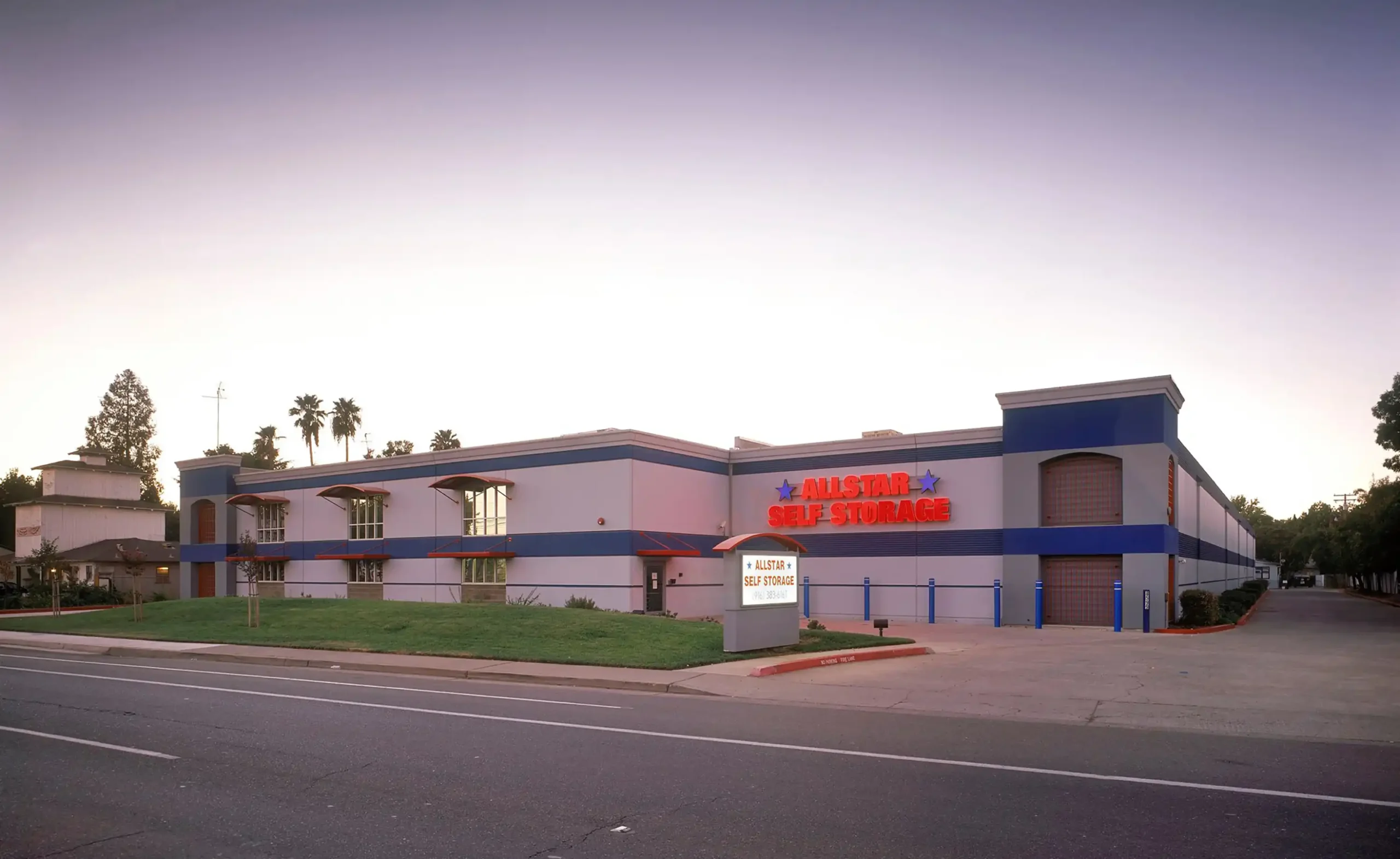Self-storage is a convenient solution when you’re moving, renovating, downsizing, or simply decluttering. But while you can store a wide variety of personal belongings, there are several items that storage facilities strictly prohibit—either due to safety, legal restrictions, or liability concerns.
Most major providers, including CubeSmart, Public Storage, and Extra Space Storage, have guidelines in place for what you can’t keep in your unit. Many of these rules are standard across the industry, though some policies may vary slightly by location.
Before loading up your unit, review this list of 11 items you typically cannot store—and why they’re off-limits.
1. Food
Perishable food items attract pests, promote mold, and spoil quickly—even in climate-controlled environments. Shelf-stable items can also pose a problem, especially if they draw rodents or risk bursting (like canned goods). When in doubt, check with your storage provider before storing any food products.
2. Hazardous Materials
Flammable, corrosive, or toxic substances are not allowed in storage units for safety reasons. This includes:
- Paint and paint thinner
- Gasoline and motor oil
- Propane tanks and compressed gases
- Fireworks and explosives
- Fertilizer, bleach, and other strong chemicals
- Acetone, kerosene, and turpentine
- Radioactive materials
Even common household cleaners may fall under this restriction if they pose a risk. If you’re moving, plan ahead to properly dispose of these materials yourself
3. Wet or Damp Items
Moisture leads to mold, mildew, and long-term damage. Anything going into storage—especially gear like kayaks, wetsuits, or recently washed clothing—must be completely dry before it’s packed away. Use desiccant packs or moisture absorbers for extra protection.
Pro Tip: Leave appliance doors (like fridges or washers) slightly ajar to prevent trapped moisture and odors.
4.Irreplaceable or Priceless Items
While valuables like antiques, art, or collectibles can usually be stored (especially in climate-controlled units), extremely sentimental or irreplaceable items—such as family heirlooms or original documents—are best kept elsewhere. Despite secure conditions, storage units still carry some risk.
5.Cash or Currency
Don’t stash cash in a storage unit. If you need to store physical currency or precious metals, a bank safety deposit box offers far more security and legal protection.
6. Furs
Fur garments require specific environmental conditions to stay in good shape—like regulated humidity and darkness. Most standard storage units don’t meet these criteria, and storing furs improperly could ruin them. Look for specialized fur storage if needed.
7. Tires
Many storage facilities ban loose tires due to fire hazards and disposal challenges. Tires can be expensive to remove if abandoned, which is why most locations don’t allow storing them unless they’re part of a registered vehicle.
8. Unregistered or Uninsured Vehicles
Most facilities offer vehicle storage—but with conditions. Cars, motorcycles, RVs, boats, and trailers typically need to be registered and insured. Be prepared to show proof of ownership and coverage if you plan to store a vehicle.
What Can You Store?
The list of prohibited items may seem long, but you’ll find that most personal belongings are storage-safe. Here are examples of what you can usually store:
- Furniture
- Appliances
- Artwork & antiques
- Clothing & shoes
- Books & media
- Home décor
- Electronics
- Sports equipment
- Musical instruments
- Wine
- Photographs & documents
- Registered vehicles
When in doubt, always reach out to your storage provider. It’s better to ask ahead than to risk a policy violation—or worse, damage to your belongings.
